The TeComp project
In the past ten years, Serbia and Albania have gone through a comprehensive reform of the higher education system aimed at its harmonization with the Bologna principles and the full integration into the European educational framework. As a reform outcome, in the field of natural and mathematical sciences modern study programs have been created with contents that strictly follow the European and world standards. However, the changes made in the way of studying and modernization of study programs have not sufficiently been accompanied by adequate changes in the way of teaching and learning, and we are faced with the continuation of reforms, which should be accomplished through the modernization of teaching and learning.
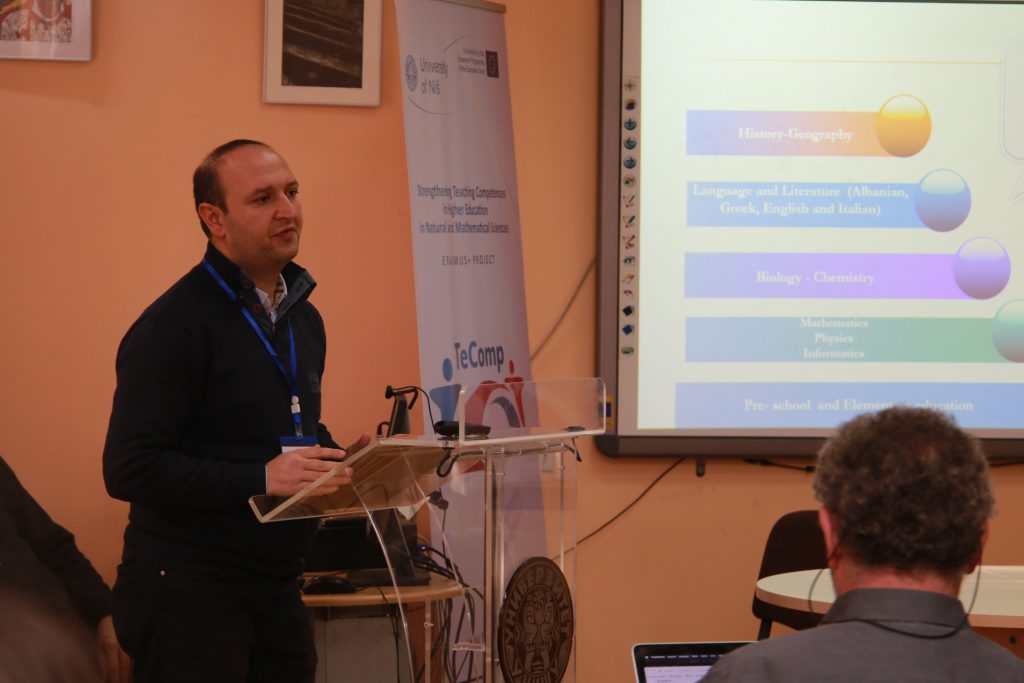
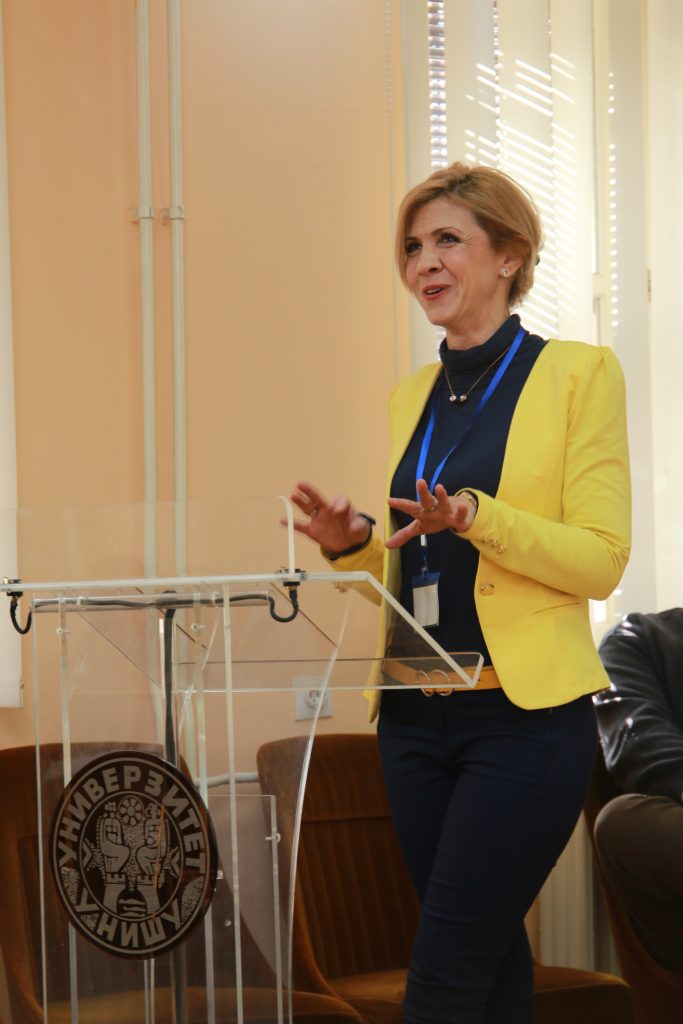
According to the report on New modes of learning and teaching in higher education, submitted by the European Union’s High-Level Group on the Modernisation of Higher Education to the European Commission and the report on Improving the quality of teaching and learning in Europe’s higher education institutions, submitted by the same group, the main task of European governments in the modernization of higher education is to strongly encourage and support a greater integration of new technologies and appropriate pedagogical approaches in conventional education. It was also pointed out that comprehensive strategies for the adoption of new modes of learning and teaching within higher education have to be developed at both the national and institutional level, and the main proponent of changes should be the teaching staff of these institutions. To be up to the task, the teaching staff must possess the knowledge and skills to allow them to fully utilise the range of new teaching tools available. Consequently, continual professional development for teaching staff must become the imperative across all higher education institutions.
The proposed project strictly follows the initiative and recommendations of the European Union’s High-Level Group on the Modernization of Higher Education (HLG) and consistently apply them in the modernization of teaching and learning in the field of natural and mathematical sciences at six higher education institutions in Serbia and Albania. In view of HLG’s recommendations, special attention is paid to pedagogical and methodological aspects of the use of ICT in teaching and learning, as well as to training in the use of new educational technologies. To stimulate internationalization, we are, also, planned to organise the training of teachers for teaching and academic writing in English.
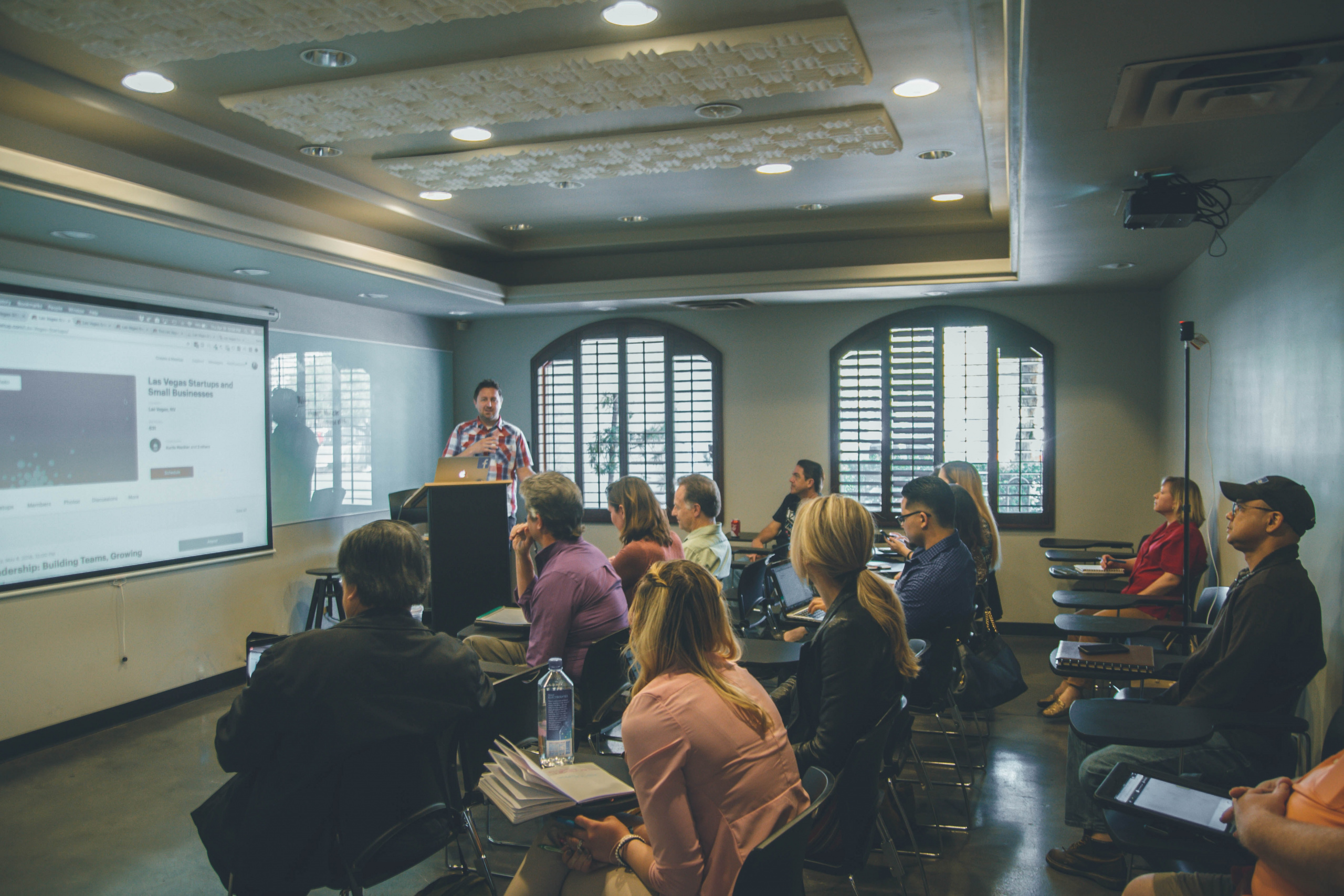

Along with all these forms of training we will work on raising awareness about the necessity of modernizing teaching and learning through the integration of new technologies and relevant pedagogy. In order to demonstrate the benefits it brings both to teachers and students several pilot projects for the integration of online technologies and pedagogies within courses are planned to be launched, with special emphasis on their integration into laboratory classes. At our institutions we will also launch an initiative to develop and implement strategies for the support and on-going improvement of the quality of teaching and learning, especially for the adoption of new modes of learning and teaching.
Our plan of action

The proposed project is envisaged as a regional-scale project in Serbia and Albania whose main goal is to improve the quality of teaching and learning (T&L) in the field of natural and mathematical sciences at PC HEIs in line with advance EU practices. The project goal will be achieved through activities grouped into seven work packages.
The objective of WP1 (PREP) is to identify the necessary institutional measures, activities and documents for the successful implementation of new ways of T&L. First, the current situation at the PC HEIs will be analysed from the aspect of the level of education of the teaching staff in the areas of pedagogy and methodology of teaching (PMT), and the level of the use of technological innovations in T&L. After that, the experiences of the EU HEIs and forms and models of T&L that they use will be perceived, a comparative analysis will be performed, the needs and opportunities of the PC HEIs will be identified, and a concrete action plan will be made, with the necessary measures and actions.
The aim of WP2 (DEV) is to harness the potential of new technological developments in the service of high quality higher education in the PC HEIs by upgrading their educational infrastructure. This will include the purchase of equipment that will be used by the PC HEIs for forming videoconferencing rooms and modernizing classrooms and laboratories, as well as preparing printed and electronic learning material, and guidelines and instructions for the use of ICT in T&L.
One of our main objectives is to train and re-train teaching staff in the areas of PMT and the use of ICT in T&L, with a tendency to grow into a regular program of continuing professional development of teaching staff that will continue even after the completion of the project. Such training will be organised within the WP3 (DEV), with the participation of EU experts in the relevant fields. New opportunities in technology-enabled learning would potentiate organising some of this training as distance courses. Some of the teachers and teaching assistants who are the most active at these training sessions will have an opportunity to visit EU partners and see the best practice models of every topic they have learned about and to accumulate expertise. The WP3 also includes the training of teaching staff for teaching academic writing in English, as an important prerequisite for the true internationalization of the PC HEIs.
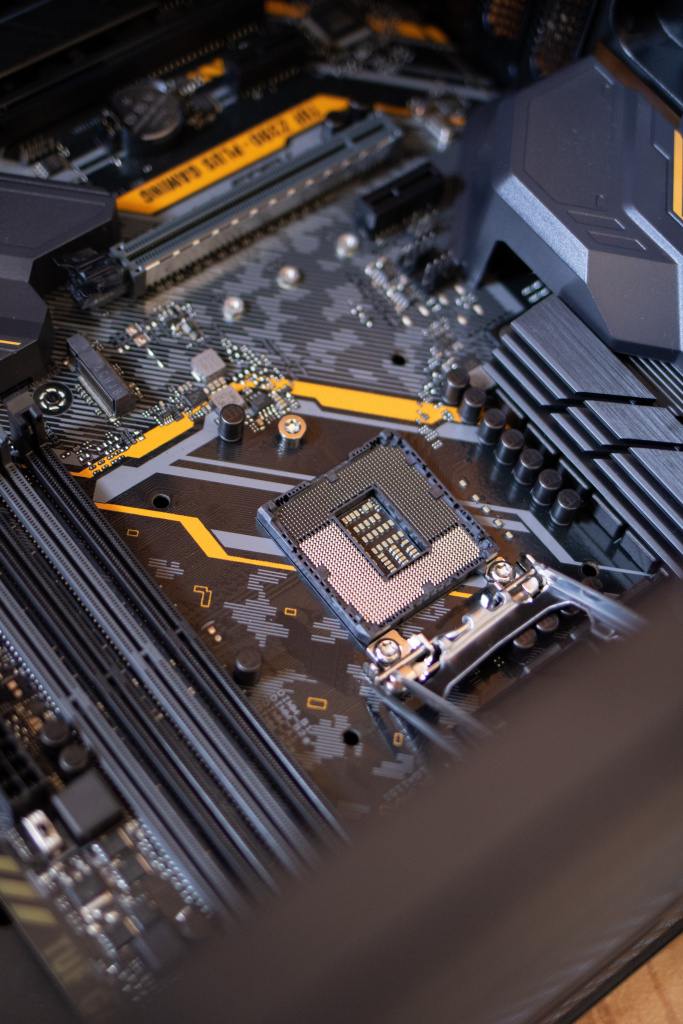

In order to foster wide integration of ICT in teaching and learning, several pilot projects will be launched in each of the areas of natural and mathematical sciences at the PC HEIs. This will be done within the WP4 (DEV) through the integration of online technologies into traditional coursers and laboratory classes and the development of systems for electronic testing. This will allow students easier access to the learning material and relevant information, better understanding and more efficient learning, as well as better communication with the teaching staff.
The WP5 (QP) should ensure the high quality results of the project. The quality will be monitored and analysed by the Quality Assurance and Monitoring Board (QAMB), on the basis of the internal work quality standards and procedures adopted by the CMT. In order to further improve and maintain the quality of the project results, interproject coaching and independent external monitoring will also be organised.
The dissemination of all project related information, activities and their deliverables will be done within the WP6 (DISS). It will start at the beginning of the project lifetime and it will continue during the project realization and after its completion. The project website will be created and regularly updated, presenting all necessary information about the project, about on-going and planned activities, project achievements based on reports, etc. The dissemination of the project information will be also ensured by designing and printing promo materials (leaflets, flyers, etc.). A number of popularization lectures will be organised, where information about the project will be given to project stakeholders, other HEIs, academic community and general public. To ensure the continuation of the training of teaching staff in the areas of PPM and the use of ICT in T&L even after the project is completed, a Rulebook on continuing professional development in the field of teaching will be prepared and submitted to the relevant PC HEI’s bodies for eventual adoption. Moreover, following the initiative and recommendations of the European Union’s High-Level Group on the Modernisation of Higher Education that all European HEIs have to develop and implement a strategy for the support and on-going improvement of the quality of T&L, a proposal of such strategy will also be prepared and submitted to the relevant PC HEI’s bodies for adoption. A unified questionnaire for evaluating the quality of teaching will also be developed.


The work package WP7 (MNG) deals both with the overall coordination and management of the project and the local management (on the level of individual institutions and the level of all PC institutions).
The project management bodies will be the Central Management Team (CMT), which deals with general issues of project management and makes decisions that are of vital interest to all the institutions involved in the project, and the Local Coordinating Team (LCT), which deals with those issues which are not of vital interest to the EU HEIs involved in the project, but only to the PC HEIs. CMT and LCT will have regular meetings, but ongoing issues of the project management will also be resolved via e-mail, video-conferencing and other modern means of communication. Project management will be greatly facilitated by the creation of an online platform for project administration (Project Administration Platform – PAP), which will serve as the basis both for project implementation and financial administration.
What we aim to accomplish
The main objective is improvement of the quality of higher education in the field of natural and mathematical sciences at higher education institutions in Serbia and Albania in line with advance EU practices, thereby enhancing their comparability and competitiveness in Europe and beyond. This wider aim will be achieved through completion of the set of specific objectives concerned with the areas where the measures should be applied:
- to enhance professional competences and skills of teaching staff through training courses in contemporary pedagogical approaches, methodologies and educational technologies;
- to upgrade educational infrastructure as a basis for wider integration of modern pedagogical principles and technologies in teaching and learning;
- to deliver new/modified courses in psychology, pedagogy, methodology of teaching, and technology enhanced learning at the PC HEIs in line with the modern European strategies;
- to strengthen personnel infrastructure through the introduction of continuous professional development in the system of higher education.


According to these objectives, the proposed project is expected to achieve the following outcomes:
- Identifying andadopting the necessary measures and actions required for quality enhancement of teaching and learning processes;
- Upgrading educational infrastructure;
- Training of teaching staff for harnessing pedagogical and methodological principles and new modes of teaching and learning;
- Development of methodology and platforms for wider integration of ICT in teaching and learning.
The project will particularly focus on the transition from a teaching-oriented to learning-oriented approach to the learning process, a flexible approach and individualization, as well as better communication and interaction between teachers and students. The target areas at Serbian and Albanian universities that need quality enhancement of teaching and learning processes will be identified and a concrete action plan with necessary measures and actions will be made.

Widen the TeComp-powered education

The power of dissemination activities of the project lies in their ambition and well tailored design according to the characteristics and needs of each specific target group (faculties, teaching staff and students).
The project applies dissemination tools such as a website, printed promo materials, popularisation lectures, workshops, dissemination through the media etc. The leader of this work package is UB, who has been chosen because of the cost effectivness of purchasing and printing of promotional materials.
The first task, whose leader is project coordinator UNI, is creating and updating the project website. All necessary information about the project, about on-going and planned activities, project achievements based on annual joint reports prepared at relevant decision-making bodies at partner institutions, etc. will be presented on the project website. It will be regularly updated, so that beneficiaries can always be informed about relevant activities, novelties and project results.
Efficient communication about the objectives of the project provide feedback on the progress of the work being performed in the work packages. Involvement of the actors and target groups are key factors for the project success and spreading of its results. In addition to the website, the dissemination of the project information will be ensured by designing and printing promo materials (leaflets, flyers). All project deliverables and results will be published on the website. Information about the project progress and outcomes will be disseminated through press releases sent out to the media.

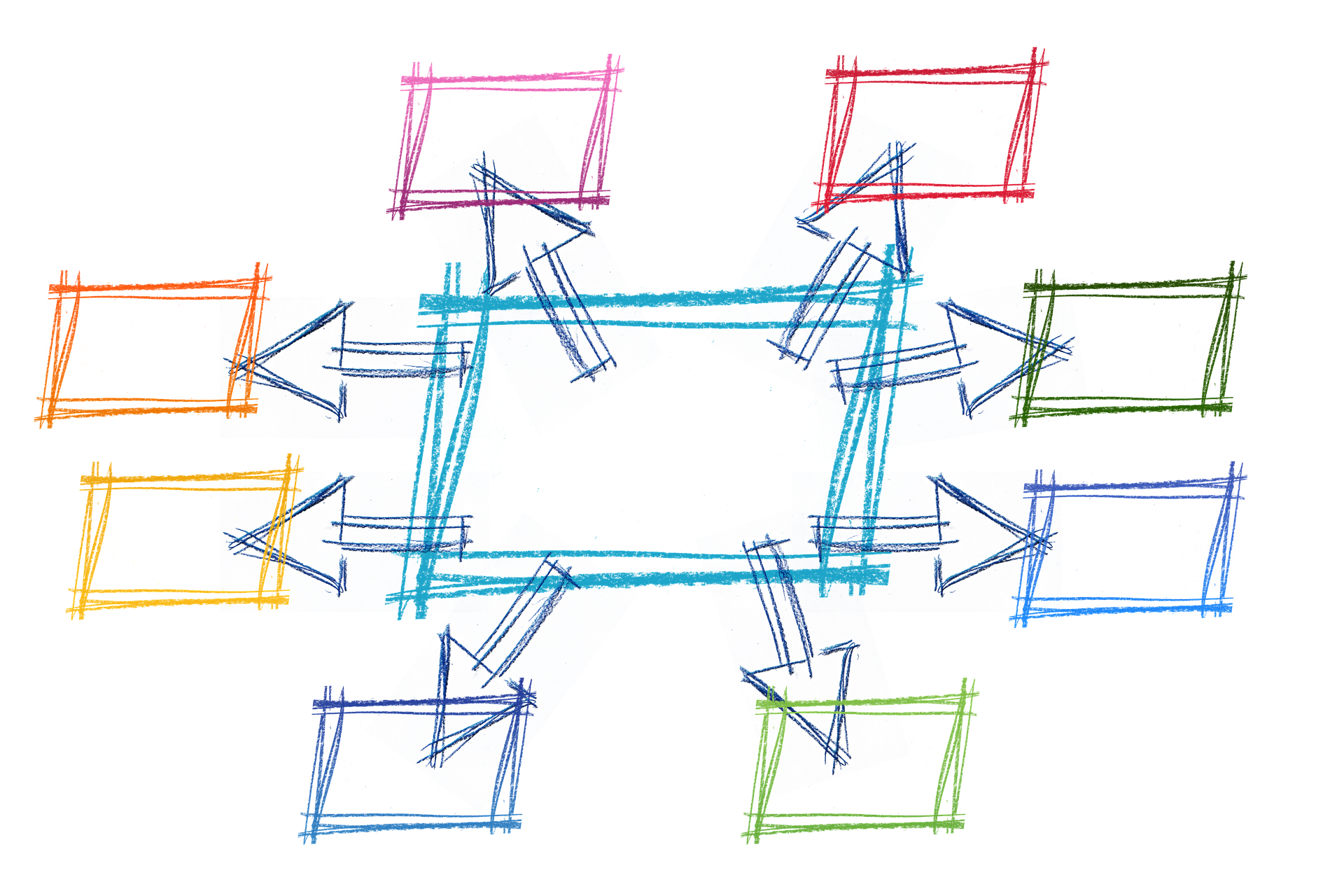
A number of popularization lectures will be organised during the second and the third year of the project realization both at PC and EU countries, where information about the project will be given to various groups of project stakeholders, other HEIs, the academic community and to the general public. An important activity in the project dissemination will be the organisation of a Workshop on innovative teaching and learning methodologies and pedagogical approaches, which will be promoted through the media and through prepared printed and electronic promo material.
What TeComp is all about
International
Capacity Building in higher education
Erasmus+
Dramatical changes in all fields of modern society, which were a result of the expansion of contemporary technology have had a huge impact on the higher education systems. In the field of natural sciences and mathematics Serbia and Albania have been creating and adopting modern study programs following the European standards for about a dozen years. However, those changes are not adequately accompanied by modernisation and alterations to the methods used in teaching and learning.


The main objective of TeComp project is to improve the quality of higher education in the field of natural sciences and mathematics, through greater integration of modern pedagogical approaches, methodologies and technologies in teaching and learning in the PC HEIs. To achieve this goal, it is necessary to enhance professional competences and skills of teaching staff in order to enable them the usage of the full arsenal of available teaching tools in the field of natural sciences and mathematics. Consequently, continual professional development of teaching personnel must become the imperative across all higher education institutions. In order to achieve this goal, the serious of training courses for teaching staff in the areas of teaching methodology in higher education, modern pedagogical approaches and technology enhanced teaching and learning will be implemented as outcomes expected to be accomplished during the project realisation.
To stimulate internationalisation, the training of teachers for teaching and academic writing in English will be organised. Additional objective of the project is to rise general awareness of all stakeholders of the necessity of improving the quality of teaching and learning by adopting modern pedagogical approaches and using the latest technological achievements and to encourage them for active involvement in the realisation of these improvements. The benefits it brings both to teachers and students will be demonstrated through the launch of pilot projects for the integration of online technologies and pedagogies within courses, with special emphasis on their integration into laboratory classes.


Final aim is implementation of new/modified courses in line with modern European standards. The training courses organised in the framework of the project activities will grow into regular courses of continuing professional development of teaching staff.
These courses will be verified by the Academic Councils of the faculties, accredited by the national accreditation body and realised by the center for career guidance what is predicted by the Law on Higher Education in Serbia. Several new/modified elective master study courses in psychology, pedagogy, teaching methodology and technology enhanced education, specially designed for master students who plan to become university teachers, will be introduced, approved/accredited and implemented in educational process. Although, the main target group of the project is the teaching staff in the field of natural and mathematical sciences, our activities will target a broader group of teachers and teaching assistants in all other fields.

